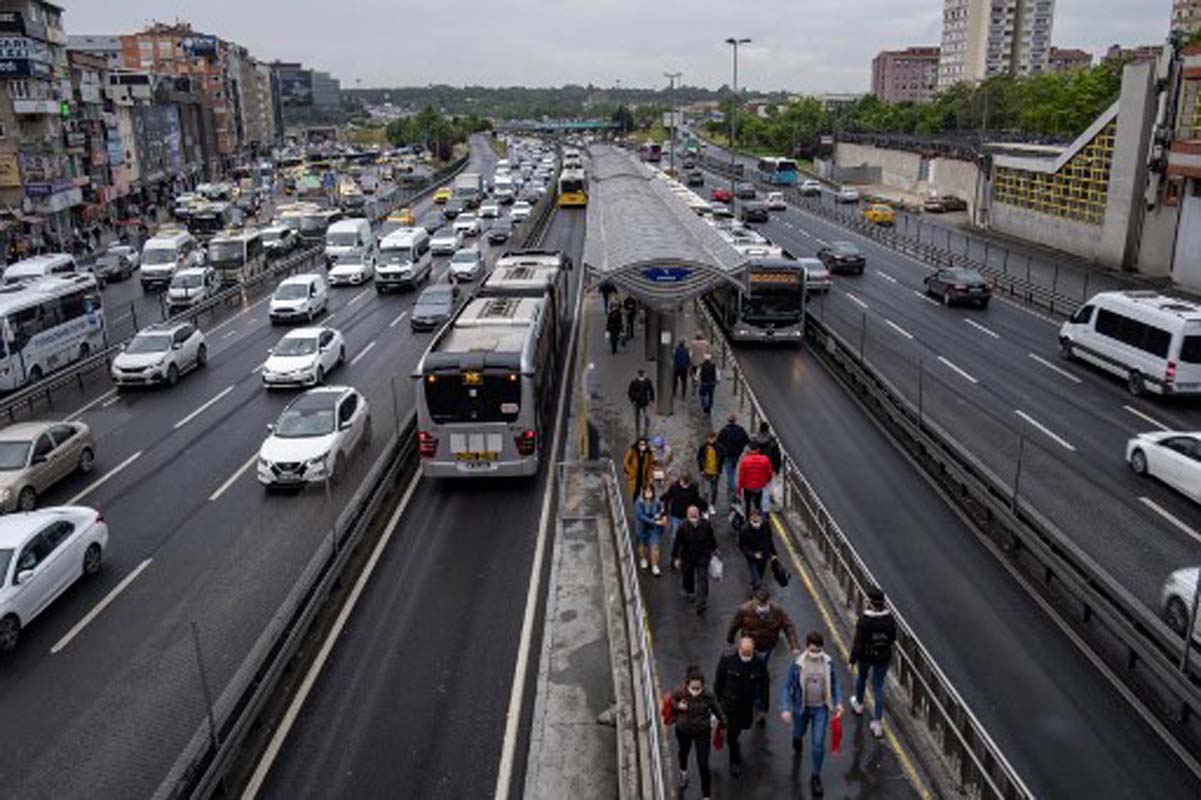
403
Sorry!!
Error! We're sorry, but the page you were looking for doesn't exist.
Pakistani PM addresses climate-related threats, proposing low-emissions corridor
(MENAFN) At the Economic Cooperation Organization (ECO) summit held in Khankendi, Azerbaijan, Pakistani Prime Minister Shehbaz Sharif put forward a proposal for creating a regional low-emission corridor. He emphasized that ECO member countries are facing severe and growing consequences due to climate change.
Sharif noted that climate-related threats are endangering food systems and the livelihoods of countless people across the region. He proposed several coordinated initiatives aimed at sustainable development and resilience.
"Pakistan proposes the development of low-emission corridors and ECO-wide carbon market platform and regional disaster resilience systems, a dedicated framework to mobilize climate finance, along with regional green energy corridors and eco-tourism initiatives, (which) can further drive inclusive sustainable growth, creating green jobs, especially for youth and women and supporting livelihoods," he stated during the summit.
He stressed that Pakistan is among the nations most exposed to the impacts of a shifting climate, recalling the devastating events of 2022.
"(In 2022) over 33 million people were affected across Pakistan with loss of life, huge damage to livelihoods and critical infrastructure, badly damaged -- flash floods continue to wreak heart-breaking devastation in Pakistan,” he said.
That year, Pakistan suffered catastrophic flooding that submerged nearly a third of the country, led to the deaths of 1,700 individuals, and inflicted around $30 billion in economic damages—further straining the country's fragile economy.
Sharif noted that climate-related threats are endangering food systems and the livelihoods of countless people across the region. He proposed several coordinated initiatives aimed at sustainable development and resilience.
"Pakistan proposes the development of low-emission corridors and ECO-wide carbon market platform and regional disaster resilience systems, a dedicated framework to mobilize climate finance, along with regional green energy corridors and eco-tourism initiatives, (which) can further drive inclusive sustainable growth, creating green jobs, especially for youth and women and supporting livelihoods," he stated during the summit.
He stressed that Pakistan is among the nations most exposed to the impacts of a shifting climate, recalling the devastating events of 2022.
"(In 2022) over 33 million people were affected across Pakistan with loss of life, huge damage to livelihoods and critical infrastructure, badly damaged -- flash floods continue to wreak heart-breaking devastation in Pakistan,” he said.
That year, Pakistan suffered catastrophic flooding that submerged nearly a third of the country, led to the deaths of 1,700 individuals, and inflicted around $30 billion in economic damages—further straining the country's fragile economy.

Legal Disclaimer:
MENAFN provides the
information “as is” without warranty of any kind. We do not accept
any responsibility or liability for the accuracy, content, images,
videos, licenses, completeness, legality, or reliability of the information
contained in this article. If you have any complaints or copyright
issues related to this article, kindly contact the provider above.


















Comments
No comment